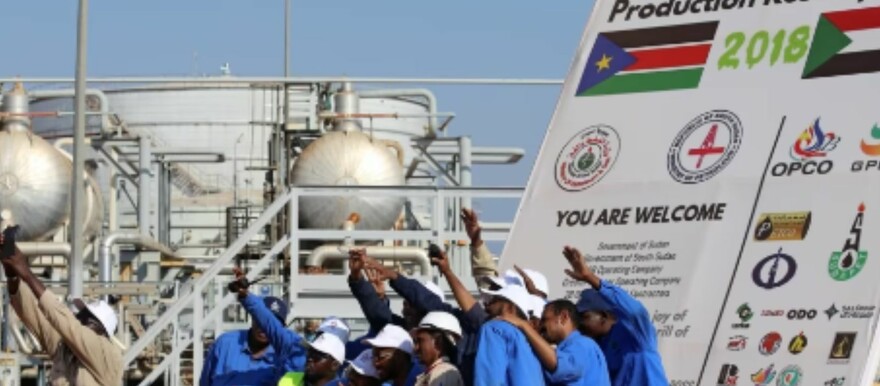South Sudan’s plans to assume control of oil fields from foreign companies, whose contracts expire in 2027, cannot feasibly be realized due to lack of financing and capabilities, Bloomberg has cited the newly independent country’s national planning body as saying during the recently concluded National Economic Conference in Juba, according to the authoritative energy news site Oilprice.com.
The original plan was for South Sudan’s state-owned Nile Petroleum Corporation (Nilepet) to take over foreign oil operations when contracts expired.
Private operators in South Sudan’s oil industry include China’s giant CNPC and Malaysia’s Petronas.
Also on the top of the conference agenda was a plan to create an alternative pipeline that would allow land-locked South Sudan a second outlet for getting its oil to market, bypassing Sudan, which is mired in civil war. While Sudan’s raging war has not yet affected South Sudan’s oil exports, fears are rising that as the conflict continues to intensify, oil will be at risk.
On Sunday, a drone attack on an open market in Khartoum, the Sudanese capital, killed dozens of people as the country’s military and a rival paramilitary group fight for control.
Over the weekend, President Salva Kiir, while closing the National Economic Conference said that the war in Sudan, ongoing since April, is wreaking havoc on the region’s economies through a massive influx of refugees.
There are also mounting fears that South Sudan itself could slide back into civil war amid growing anger over the use of the country’s oil revenues.
Recovering from civil war itself, which only ended in 2018 with a shaky power-sharing agreement, South Sudan’s economy has not been stabilized. As noted by the Crisis Group, during the war, President Kiir “mortgaged future oil exports for advance loans from a small group of commodity traders and commercial banks, piling up debt while hiding the country’s finances ever further from sight.”
Crude exports by South Sudan have climbed to their highest level in almost two years despite an ongoing war between Sudan’s government forces and a paramilitary group that erupted in April, Oilprice.com said in August.
According to the energy news site, South Sudan’s crude shipments now average 154,839 barrels per day, about double March’s figure at 77,419 barrels per day.
Radio Tamazuj’s efforts to contact the South Sudanese Petroleum Ministry for comment were futile




